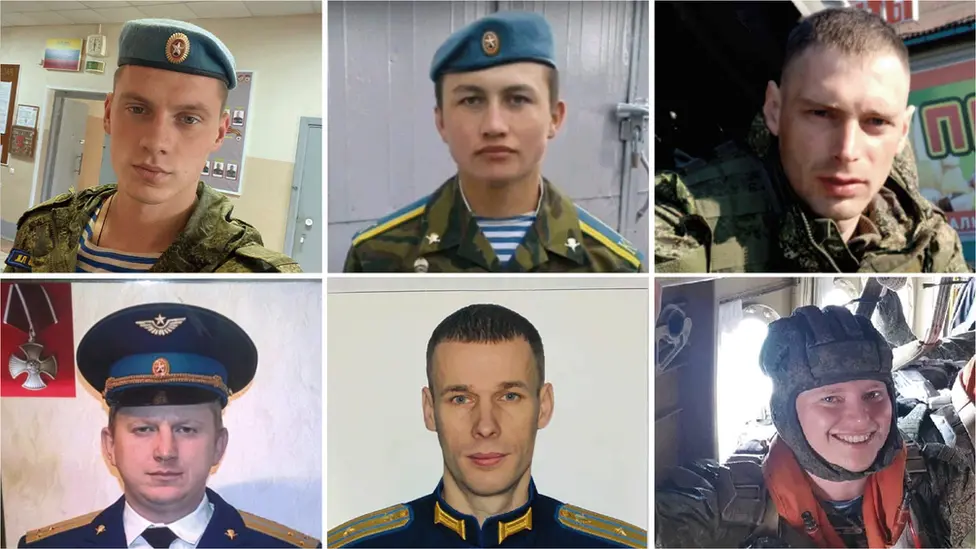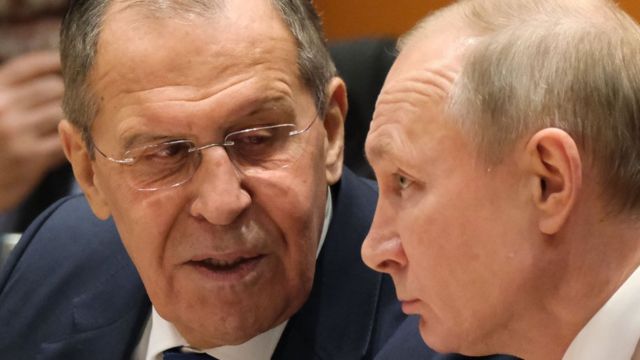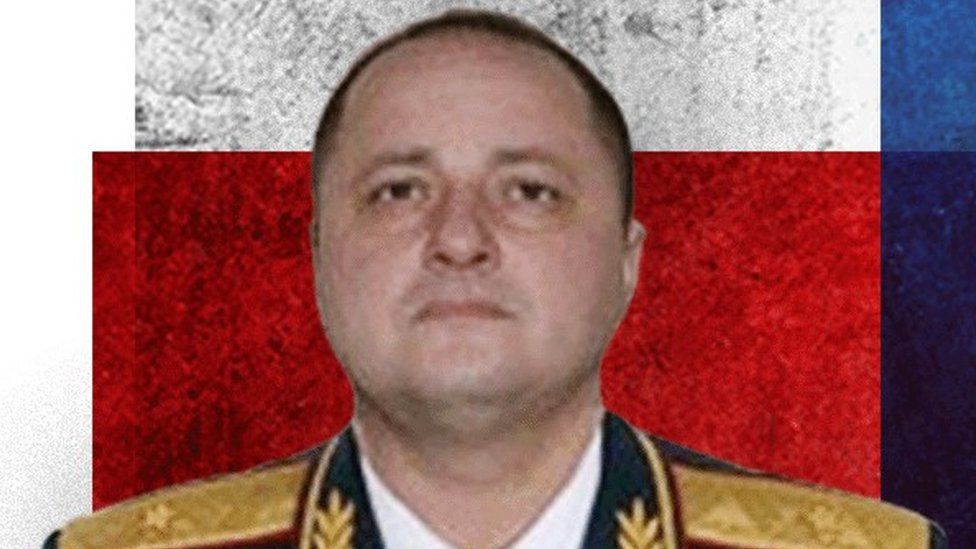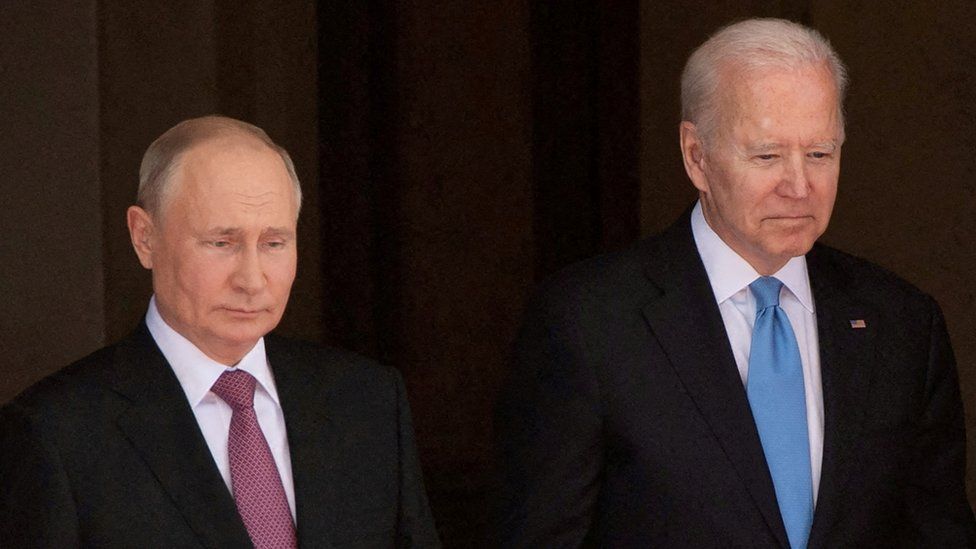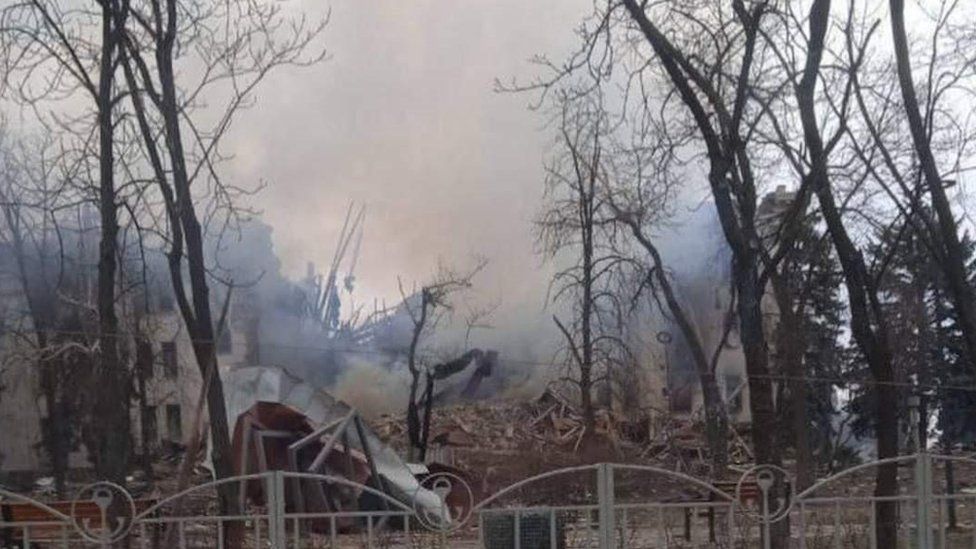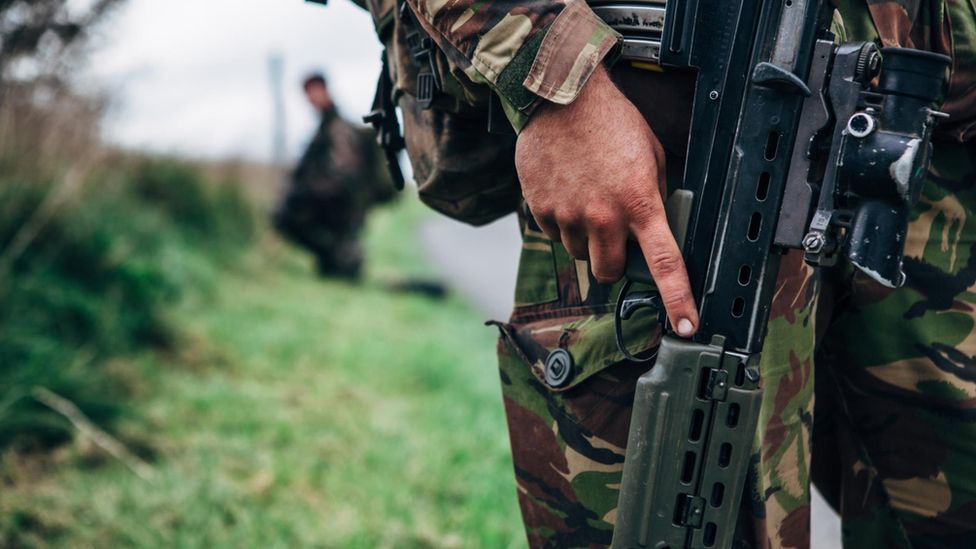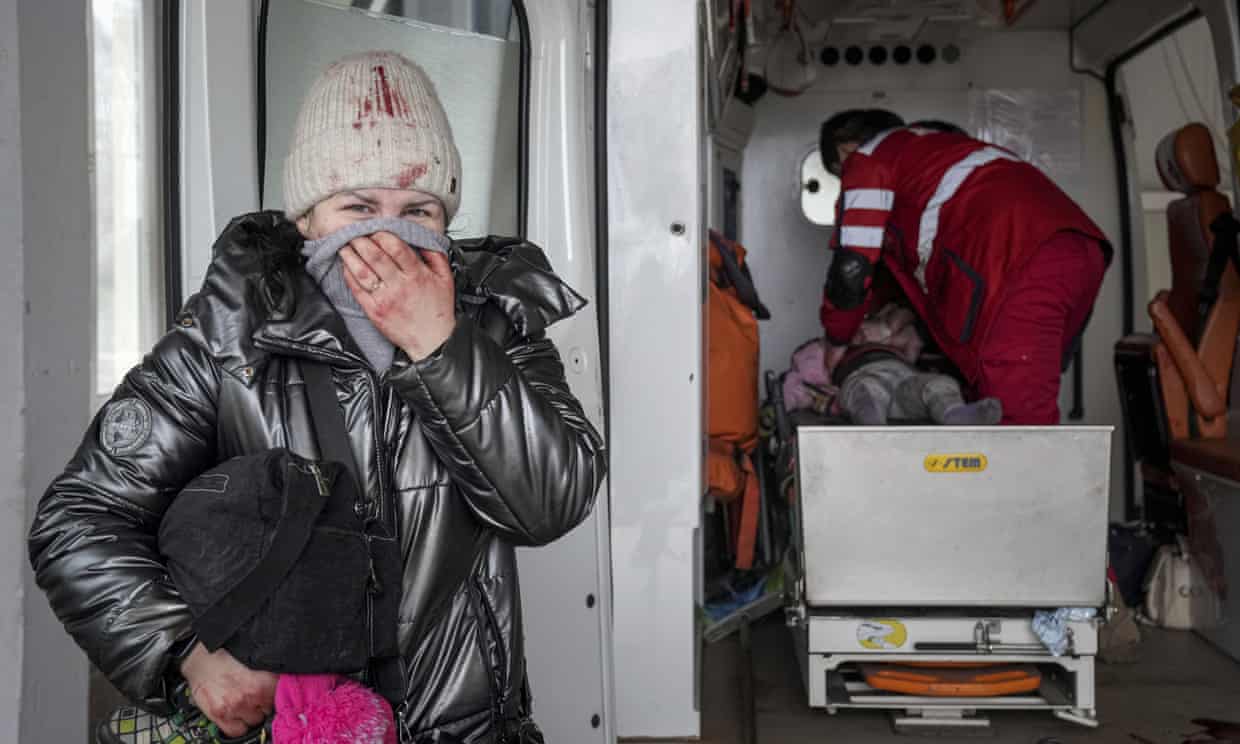
Mothers and babies take shelter in hospital bunkers as Russian invasion claims lives of up to 10 children
hen the air raid sirens wail, Natalya Tyshchuk feels relatively lucky. She only has to get herself and her daughter Mia – born three months premature in December but no longer in a cumbersome incubator – down to the basement that serves as a bomb shelter for the Okhmatdyt children’s hospital in central Kyiv.
Racing down the stairs beside them are nurses and families of premature babies in intensive care, who have to be rushed underground with their life support machines, oxygen canisters, and all the tubes and wires monitoring their fragile young lives.
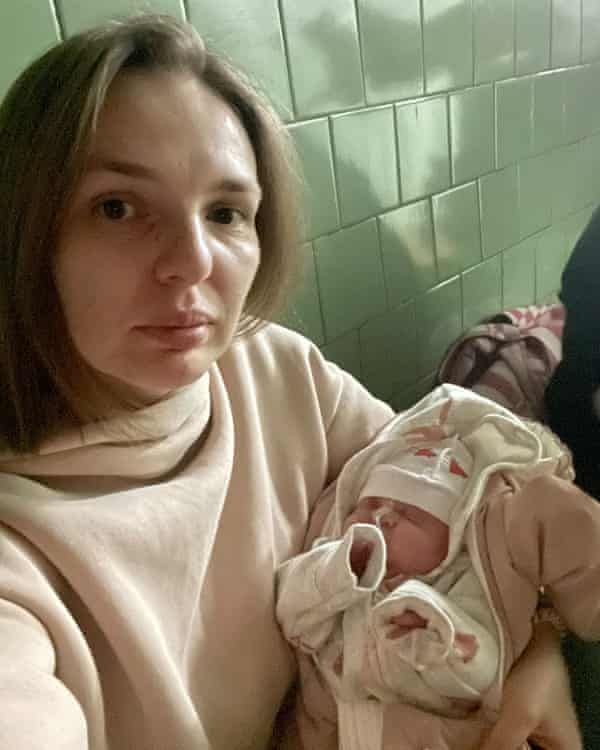
Tyshchuk is glad that her firstborn will have no memories of these traumatic days. “She is stressed of course, but I am happy that she is super-super-young and she won’t remember this,” she says in a phone interview from the shelter. “It’s unexpected, it’s very hard to understand and it’s hard to live through.”
The invasion began less than a week ago, but has already brought death and trauma to children across Ukraine; even if it stopped tomorrow a whole generation will bear scars from the destruction and terror of seeing their world torn apart.
Up to 10 children have been killed in the fighting already. The first one named is a 4th grade girl from Kyiv, called Polina; a photo shared online showed a slight, smiling girl with streaks of pink in her hair. Her family car was shot by “Russian saboteurs” in the city, the deputy Kyiv mayor, Volodymyr Bondarenko, said in a Facebook post. Her brother has been taken for treatment at Okhmatdyt and her sister is in intensive care at a second hospital.
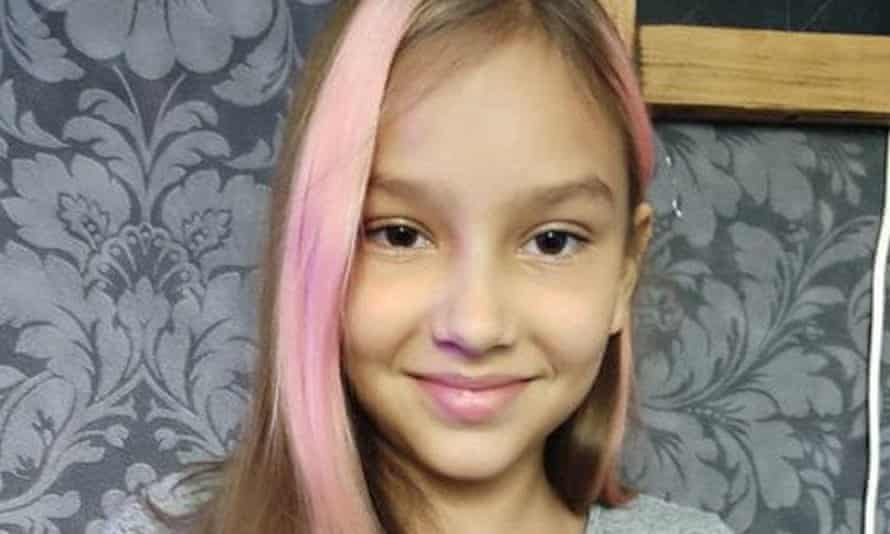
Another child was killed by cluster munitions, along with two adult civilians, while the group were taking shelter at a nursery and kindergarten in the northern town of Okhtyrka, Amnesty International said. The munitions, widely banned under international law, appeared to have been fired by Russians.
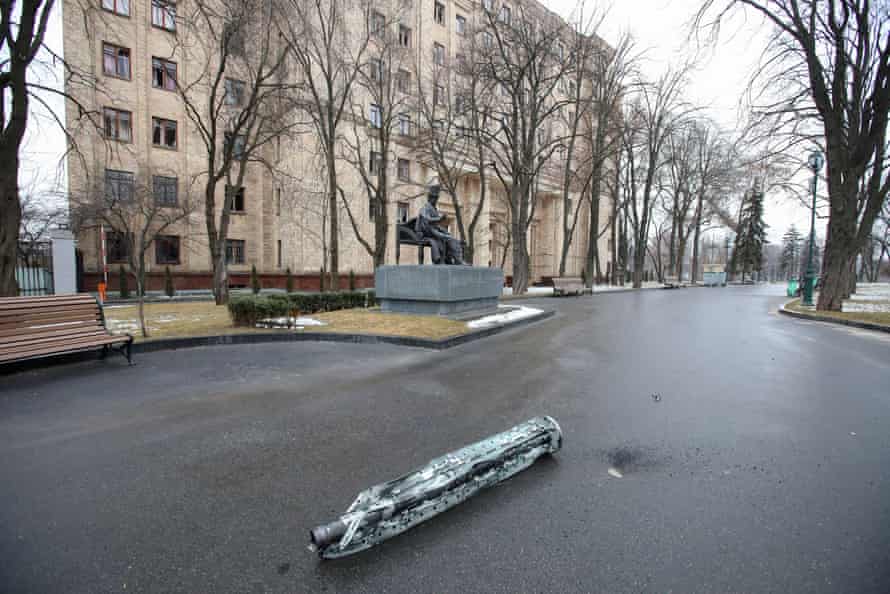
“You see, everyone is covered with blood, everything. Look at it,” one witness told the group. “It kills me the fact it’s a kindergarten. What’s this they shoot at? At military objects? Where are those?”
The explosion raised fears that Russia’s military could bring to Ukraine some of the brutal tactics it used in Syria, where its troops recklessly bombed civilian targets including schools and hospitals.
“It is stomach-turning to see an indiscriminate attack on a nursery and kindergarten where civilians are seeking safe haven. Plain and simple, this should be investigated as a war crime,” said Agnès Callamard, the secretary general of Amnesty International. “There is no possible justification for dropping cluster munitions in populated areas, let alone near a school. This … shows flagrant disregard for civilian life.”
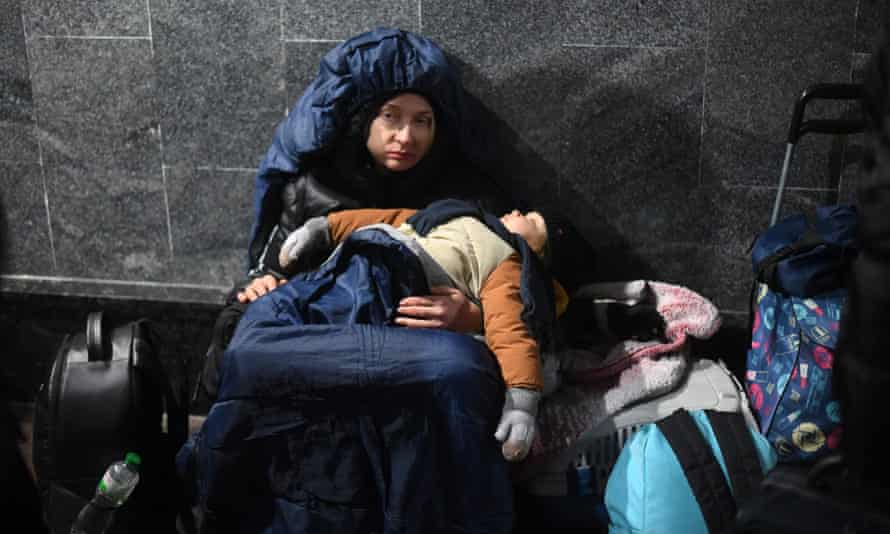
Hundreds of thousands of children are already out of school because of fighting, and some may no longer have teachers or classrooms whenever hostilities finally stop. Two teachers were killed by a missile that hit a school in eastern Gorlovka on Friday, and at least seven education buildings had been shelled already including the kindergarten in Okhtyrka, Save the Children said.
“Schools must not become the battlefields where wars are waged and students are the casualties,” said Irina Saghoyan, Save the Children’s eastern Europe director.
Even the very youngest Ukrainians have been affected by the violence, with several born in bomb shelters this week as missiles slammed into cities above them. The health minister, Viktor Liashko, shared photos of two of these new arrivals, calling them “the face of war”. “They will never forget, and we will never forgive,” he wrote.
At the Okhmatdyt hospital, where Tyshchuk is with her daughter, dozens of children in treatment after premature birth, for cancer and other serious illnesses are crammed with a single carer into the basement bunker, designed by Soviet engineers in the 1970s to withstand potential cold war battles while keeping treatment going.
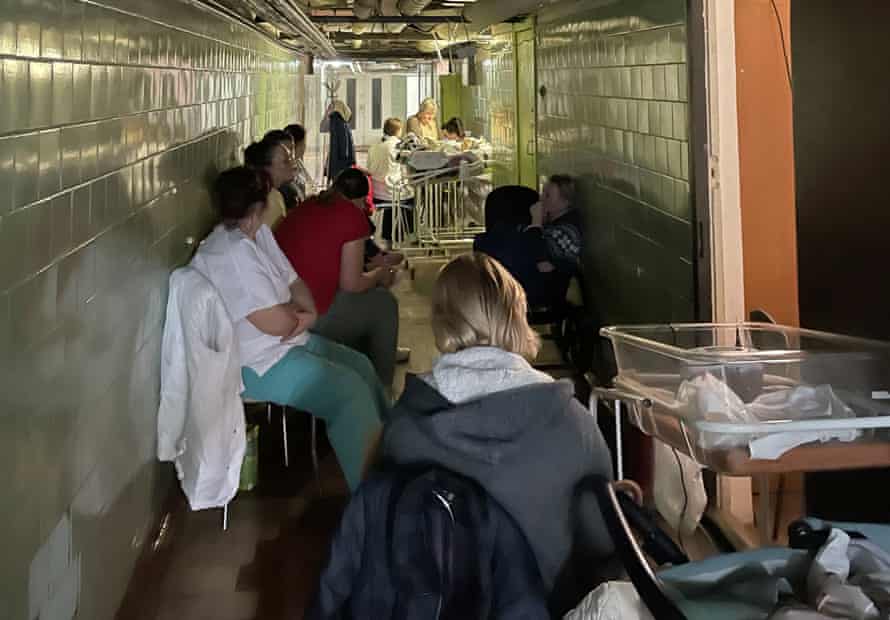
The walls are thick enough to keep the war out, although the shelter is extremely basic, with no beds for the adults, or chairs or tables, Tyshchuk says. “Conditions are very minimal, but there is a feeling of security here. I sit on the floor, but there are no windows and the walls are thick, and we don’t hear any of the explosions except the very loud ones.Advertisement
“No one was expecting war, and so no one made preparations here. That’s why we have only what we have – medications, beds for children, all the necessary stuff.”
The trauma of watching Mia fight for life in the neonatal unit appeared to be finally drawing to an end last week. Doctors told Tyshchuk she was nearly ready to be discharged, but then Vladimir Putin ordered the invasion of Ukraine.
So the pair were stuck in the heart of the capital, the main target of the Russian military mission. Within a few short days she had picked up an uncomfortable familiarity with the sounds of destruction. She was feeding Mia on Saturday afternoon when there was a whistling rush outside. “It was a very strange sound, so I decided to hide under the window with my back to the wall,” she said. Moments later air raid sirens sounded and she headed back down the stairs.
Despite the lack of comfort in the basement, she often stays there and tries to sleep rather than spend the night running up and down stairs. Covid rules still mean her husband cannot come to the hospital, so she must face the onslaught of bombs alone with her tiny daughter, although the pressures of the invasion may mean they are reunited sooner than she expected.
“That is the hardest thing for me, having to do it on my own,” she said. “I expect I will be released from hospital on Tuesday, not due to health conditions of my child but to the war.”
